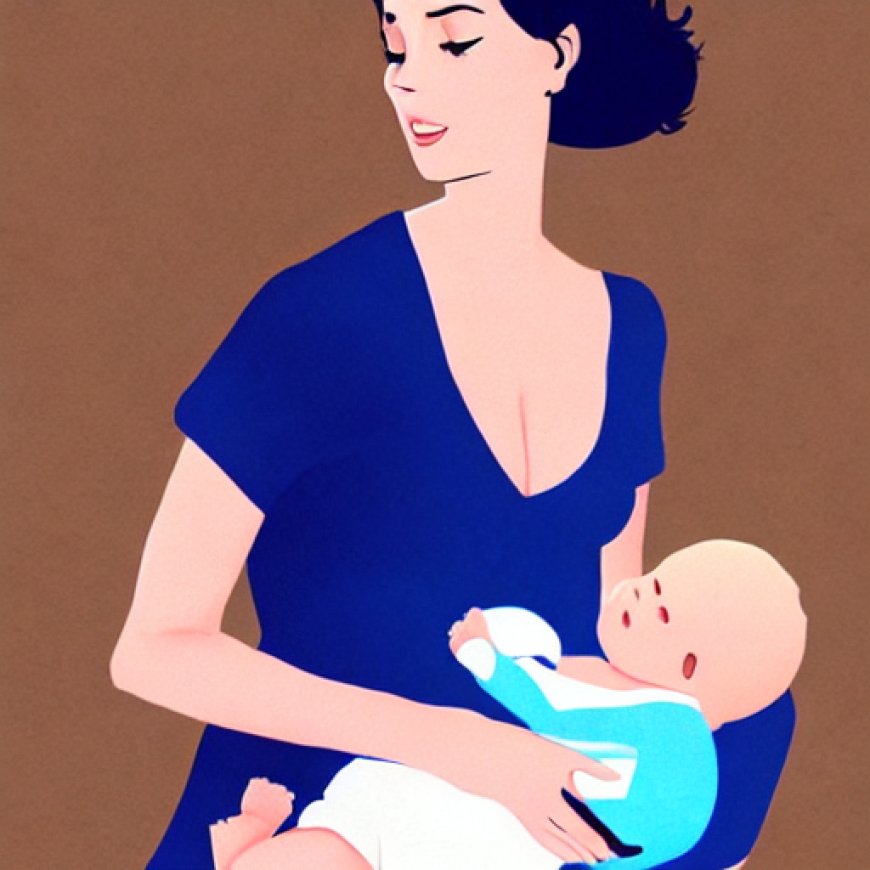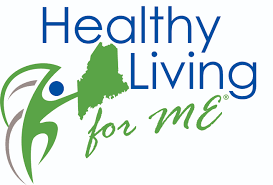Diet and Breastfeeding: Answers to Common Questions About How Diet Affects Your Breastmilk

As a new mother, one of your top priorities right now is to ensure that your baby gets all the nutrients they require to grow and thrive. Did you know that exclusive breastfeeding has tremendous benefits for you and your little one? Breastmilk is the perfect wholesome food for your baby, providing all the necessary nutrients in just the right amounts. However, many new mothers wonder how their diet affects the quality and quantity of their breast milk. Does what you eat really matter? Can certain foods increase or decrease milk supply? Should you avoid certain foods while breastfeeding? These are all common questions that new mothers ask. In this article, we will answer these questions and provide the information you need to make informed decisions about your diet while breastfeeding.
1. Does what I eat affect the taste of my breast milk?
Absolutely yes! The food that you eat affects the taste of your breast milk. Interestingly, babies can get the flavours of these foods from breastmilk, which may help to expose your baby to a variety of tastes and encourage healthy eating habits later in life.
2. Should I avoid certain foods while breastfeeding?
Yes! As you already know, what we eat gets passed to the baby through breast milk. You may now want your baby to have a stomach upset, right? So you may opt to eliminate foods that give you gas. However, most foods are safe to eat while breastfeeding. Babies are different; learn to observe your baby's cues. If you notice fussiness after a certain food, you may want to avoid or limit that food intake.
3. Do I need to drink more water while breastfeeding?
Yes, it is very crucial to stay hydrated while breastfeeding to maintain a healthy milk supply. Aim to drink at least 8-10 glasses of water or other fluids daily.
4. Can I drink coffee while breastfeeding?
Before we answer this question, let me ask you a question. What effect does coffee have on you? I drink coffee on those nights. I have loads of blogs to write, and I swear by it, it makes me a night bird. The same applies to breastfeeding. Excessive intake of caffeine can affect your baby's sleep patterns. Moderate caffeine intake, however (one or two cups of coffee per day), is generally considered safe while breastfeeding.
5. Can I drink alcohol while breastfeeding?
I don't want to sound judgemental, but I must ask you a question. Promise to answer it with the honesty of a mother. Would you like your child to be an alcohol addict in the future? My motherly instincts give me a big NO to this question. So I would recommend breastfeeding moms avoid alcohol while breastfeeding. If you are so much into it that you cannot sacrifice, then do this:
i)Breastfeed your baby for at least thirty minutes
ii)Express enough milk for the baby's next 3-4 feed times.
iii) Go ahead and enjoy your bottle. Do it minimally and faster, though; it should have been cleared off your system before the next breastfeeding session.
6. Should I take a vitamin supplement while breastfeeding?
Yes, it is highly recommended that you continue taking a prenatal vitamin or a vitamin supplement while breastfeeding to ensure that you and your baby get the nutrients you need.
7. Can certain foods increase my milk supply?
From my own experience, yes! My boy could actually suck my breast to a pulp. Drinking a cup of malted drink, such as Ovaltine, could replenish it in no time. Hot bone soup also did magic, so make sure you order some bones from your local butcher! Other foods, like oatmeal, fenugreek, and fennel, are believed to increase milk supply. However, no scientific evidence exists to back up these claims.
8. Can certain foods decrease my milk supply?
We cannot give a definitive list of foods that decrease milk supply. However, it is important to maintain a well-balanced diet and to stay hydrated to ensure a healthy milk supply.
9. Should I avoid spicy foods while breastfeeding?
You may have probably been told to eat boiled food and avoid spices. But if you are addicted to the aroma of spiced food, how will you survive the taste of bland boiled food? That is traumatizing, right? Actually, spicy foods are generally safe to eat while breastfeeding. But as we said earlier, some babies may be sensitive to the spices in certain foods. If you notice that your baby is fussy or gassy after you eat spicy foods, you may want to avoid those foods or limit your intake.
10. Can I lose weight while breastfeeding?
Yes, it is possible to lose weight while breastfeeding, but it is important to do so healthily and gradually. Rapid weight loss can affect your milk supply and your baby's health.
Conclusion
In conclusion, a well-balanced diet is important for you and your baby while breastfeeding. What you eat can affect your breast milk's taste, quality, and quantity. While most foods are safe to eat while breastfeeding, some babies may be sensitive to certain foods. It is important to stay hydrated and to continue taking a prenatal vitamin or a vitamin supplement to ensure that you and your baby are getting the nutrients you need. If you have concerns about your diet and breastfeeding, speaking with your healthcare provider or a lactation consultant is always best. By making informed choices about your diet, you can help ensure that your baby gets the best possible start in life.







